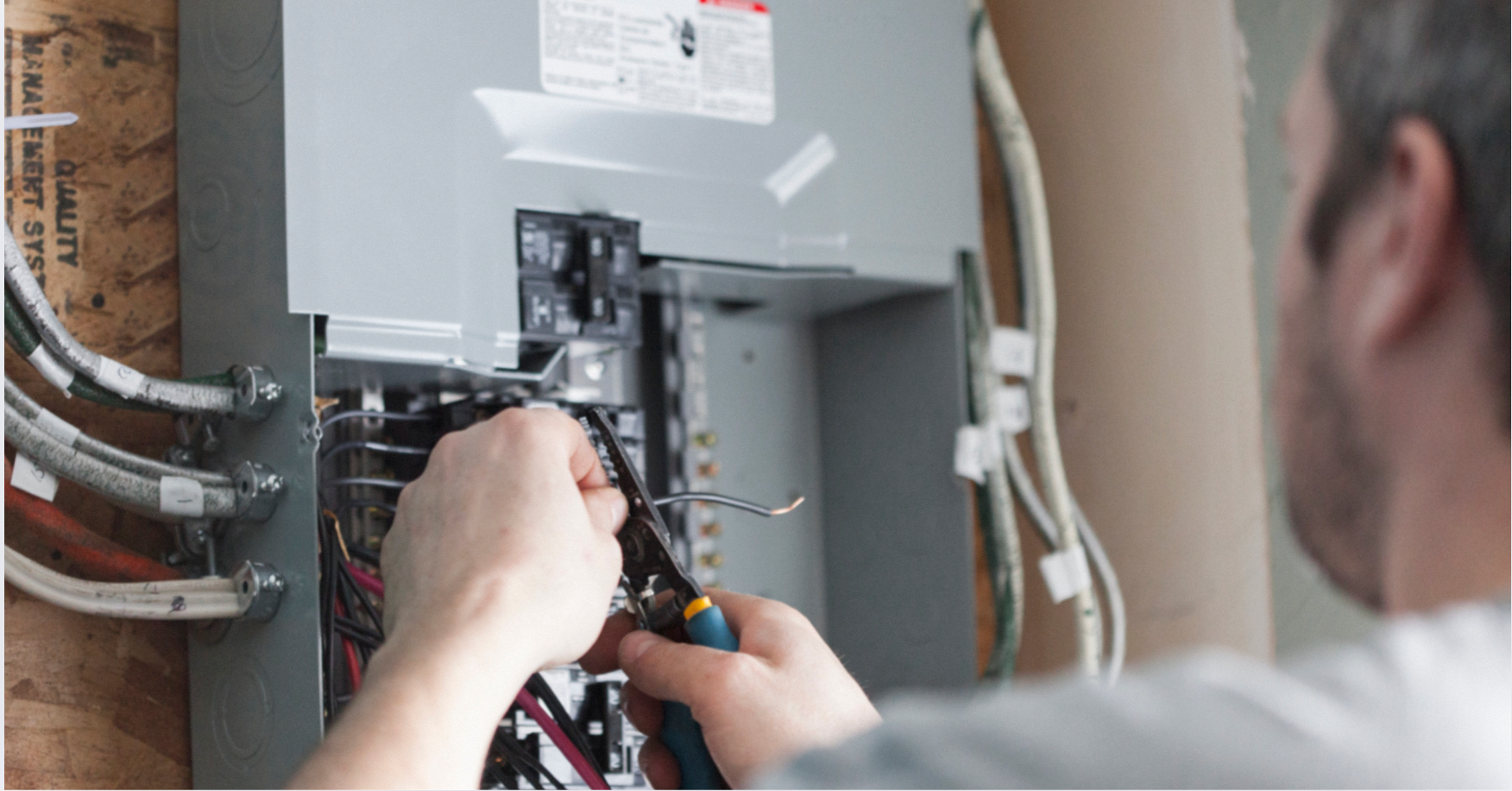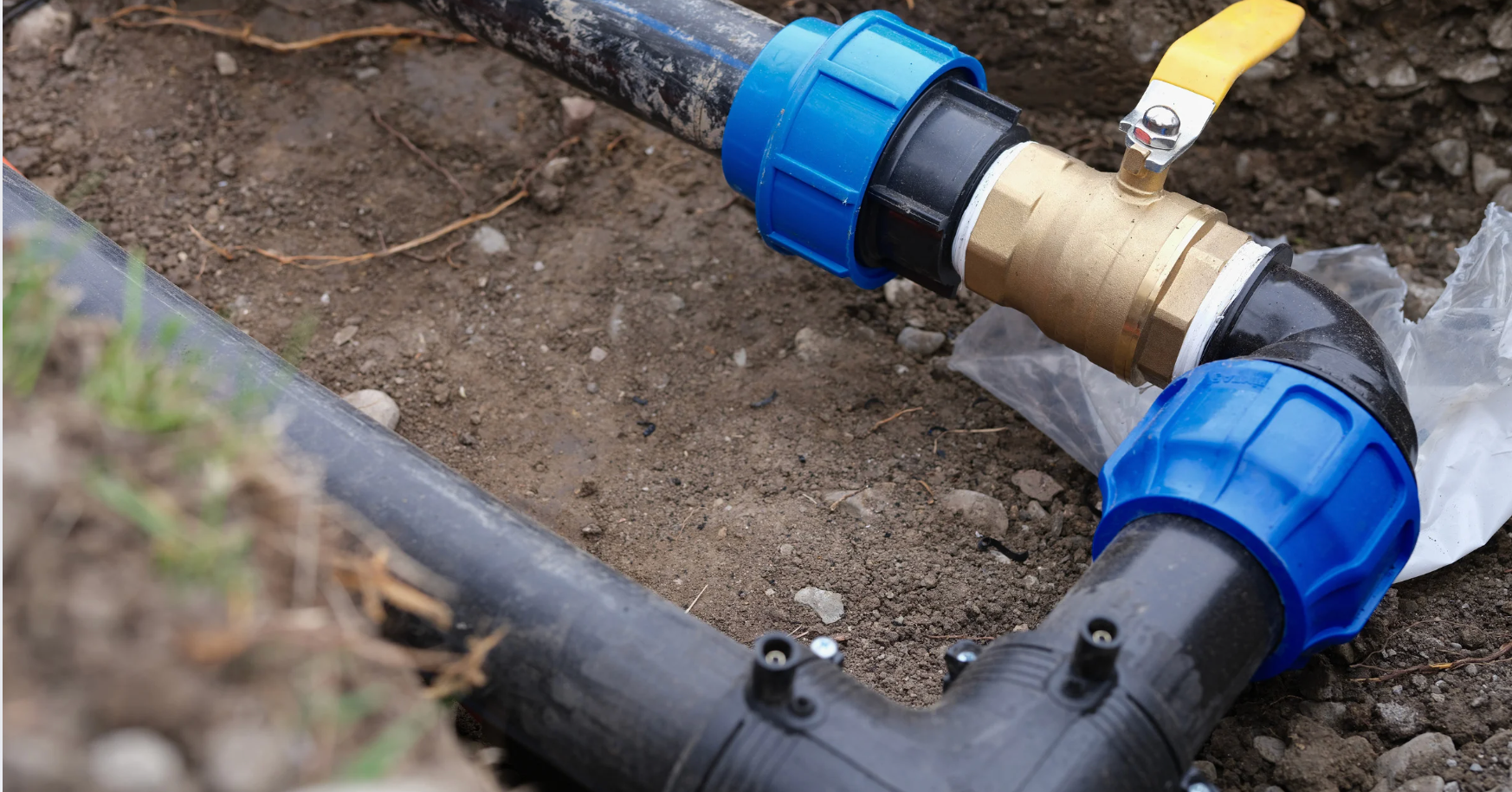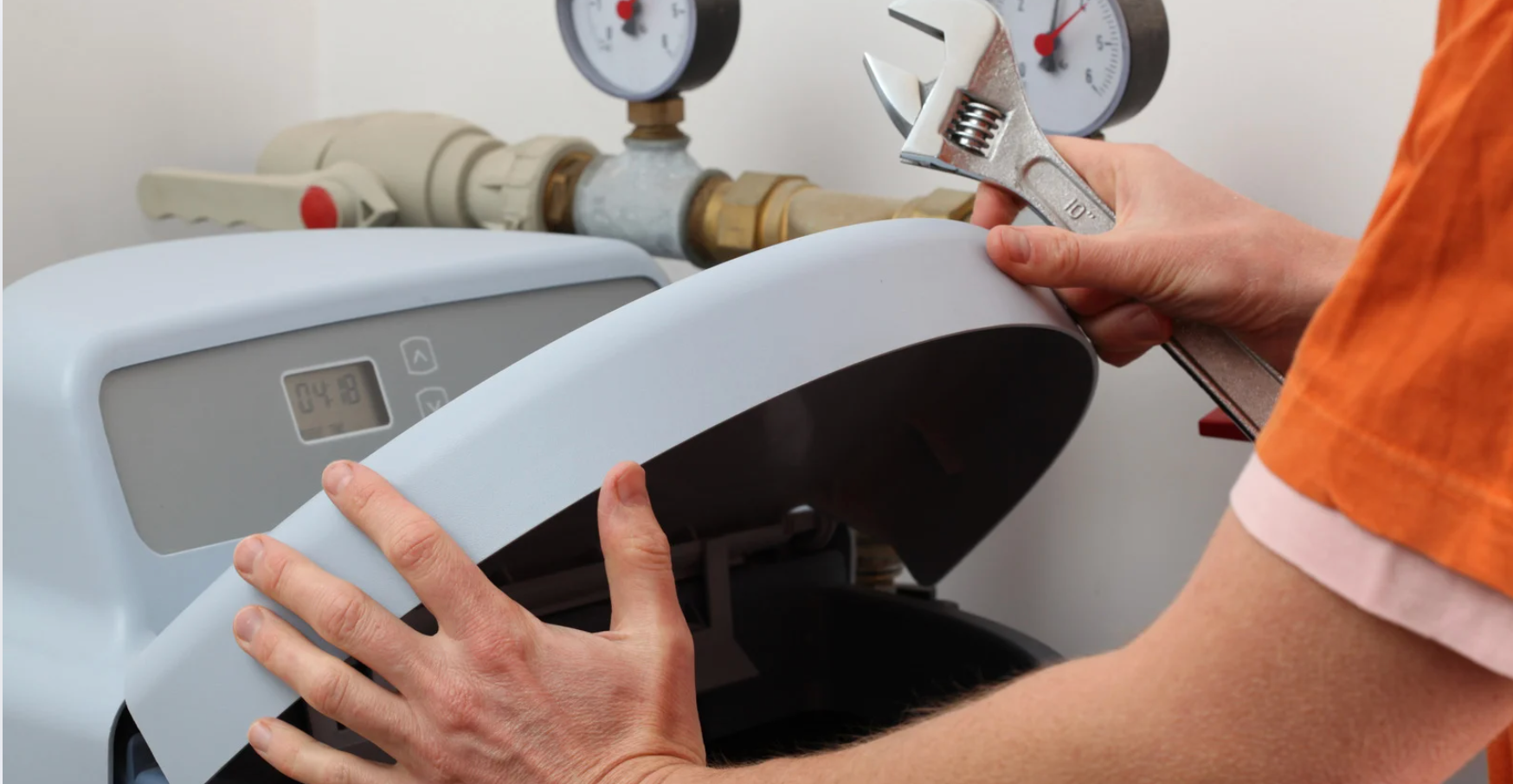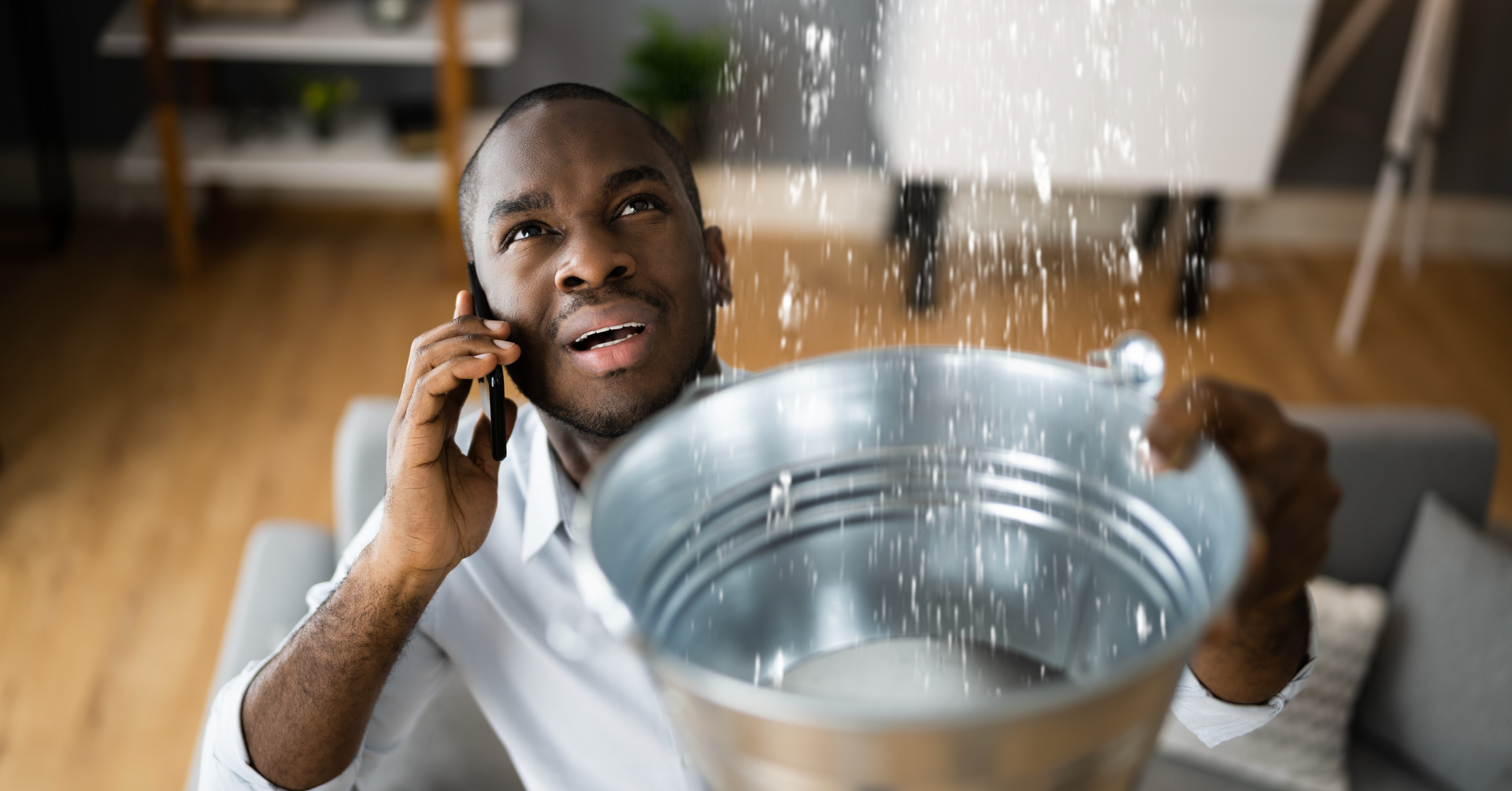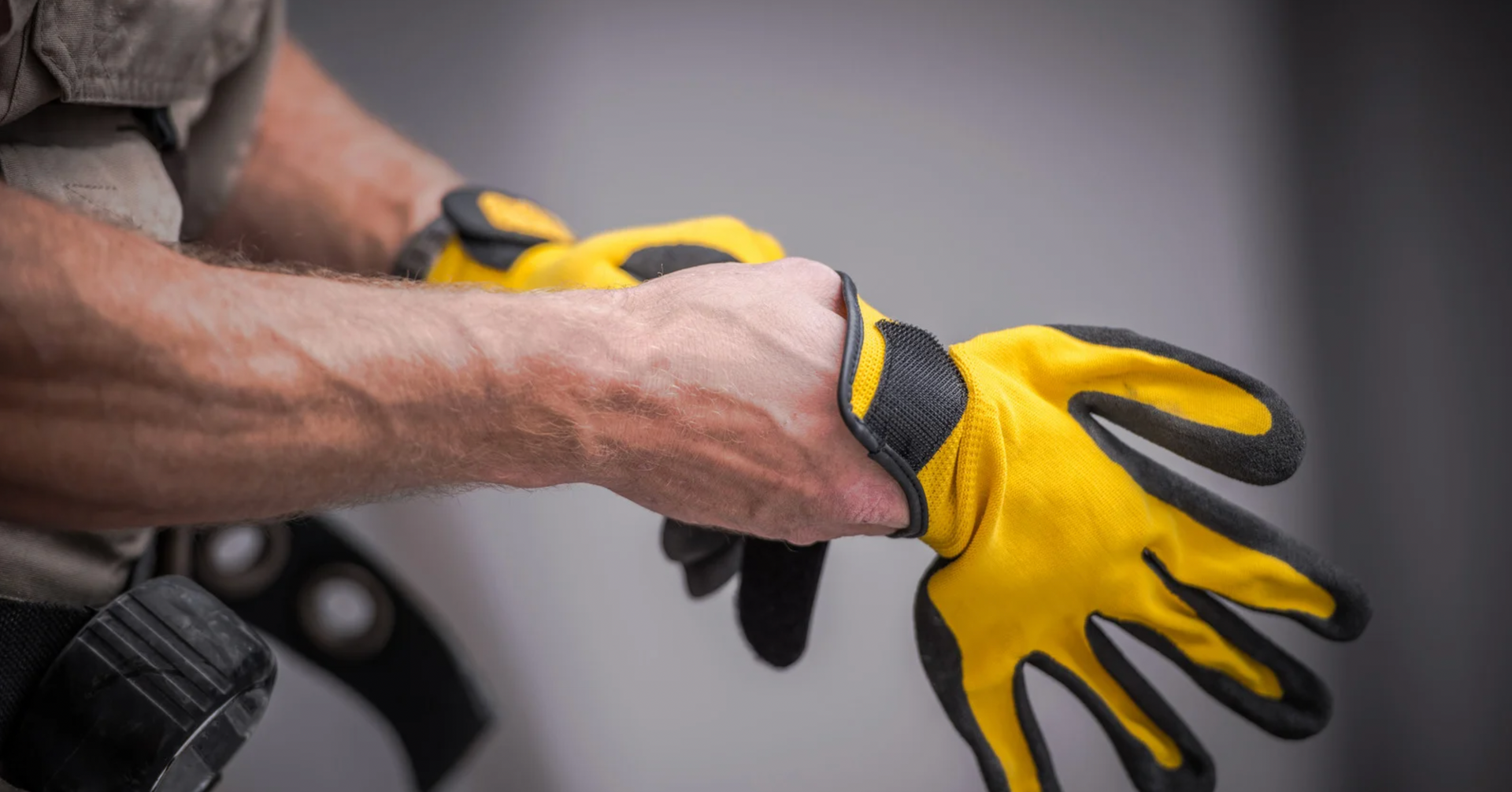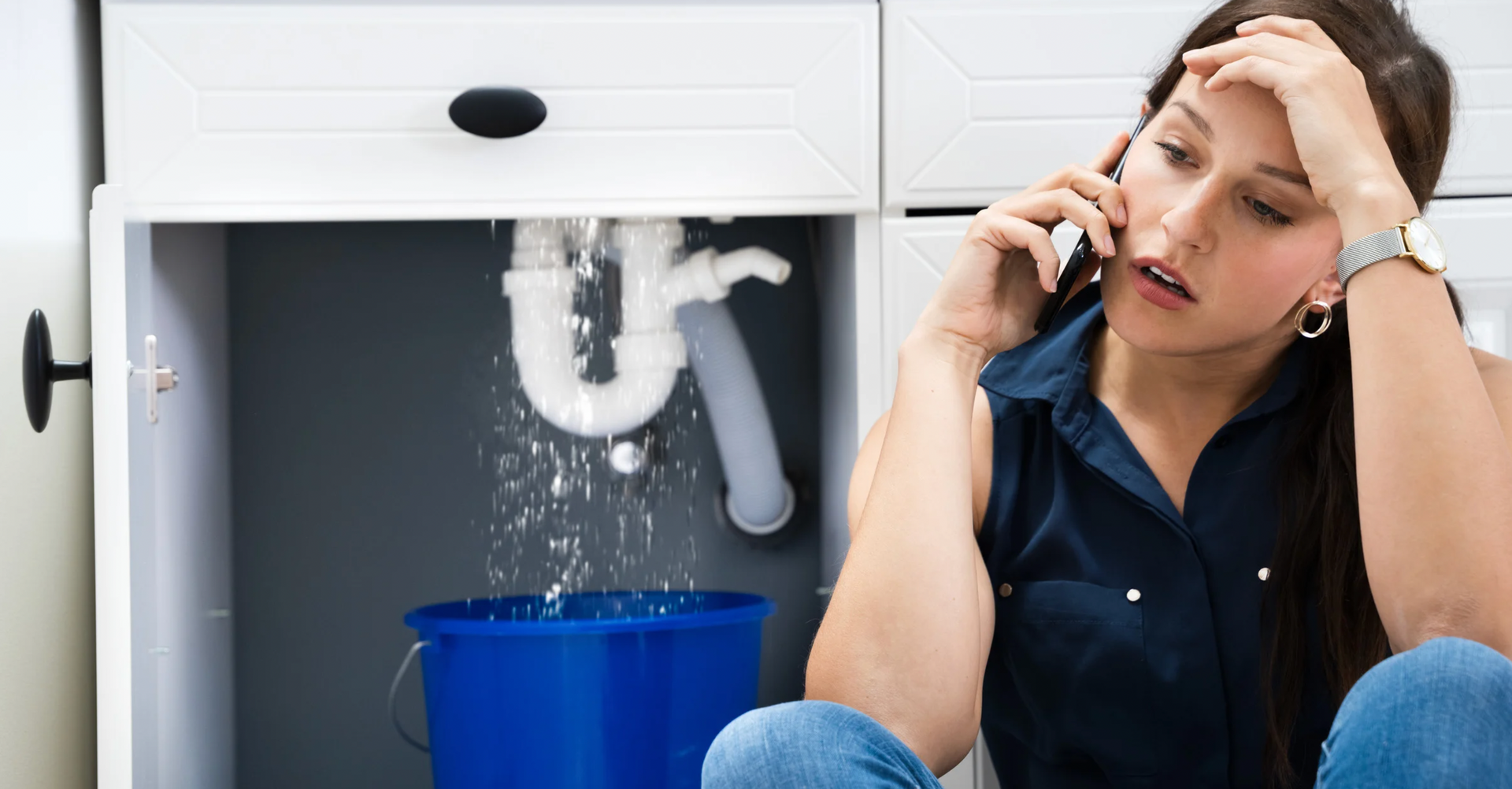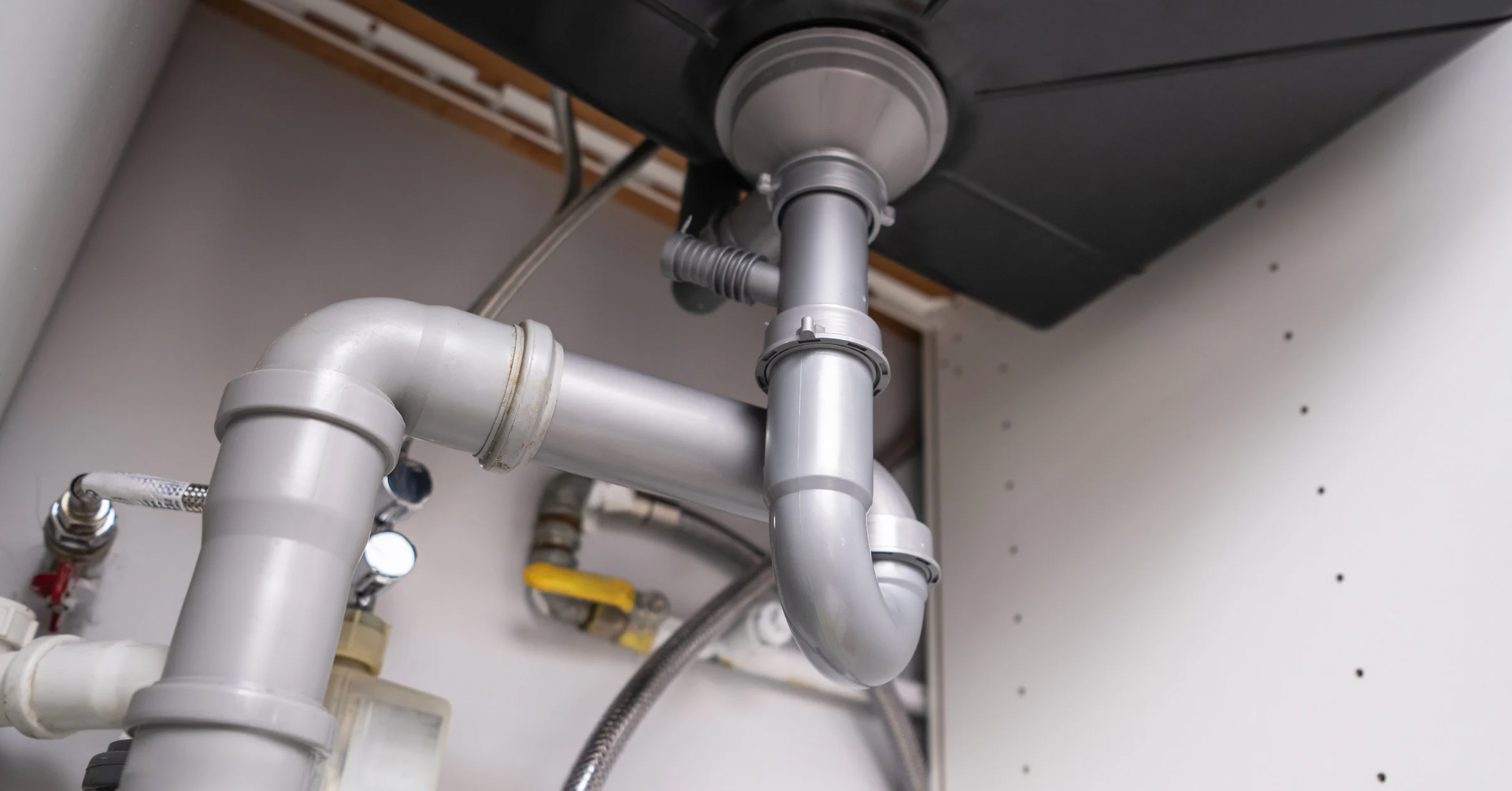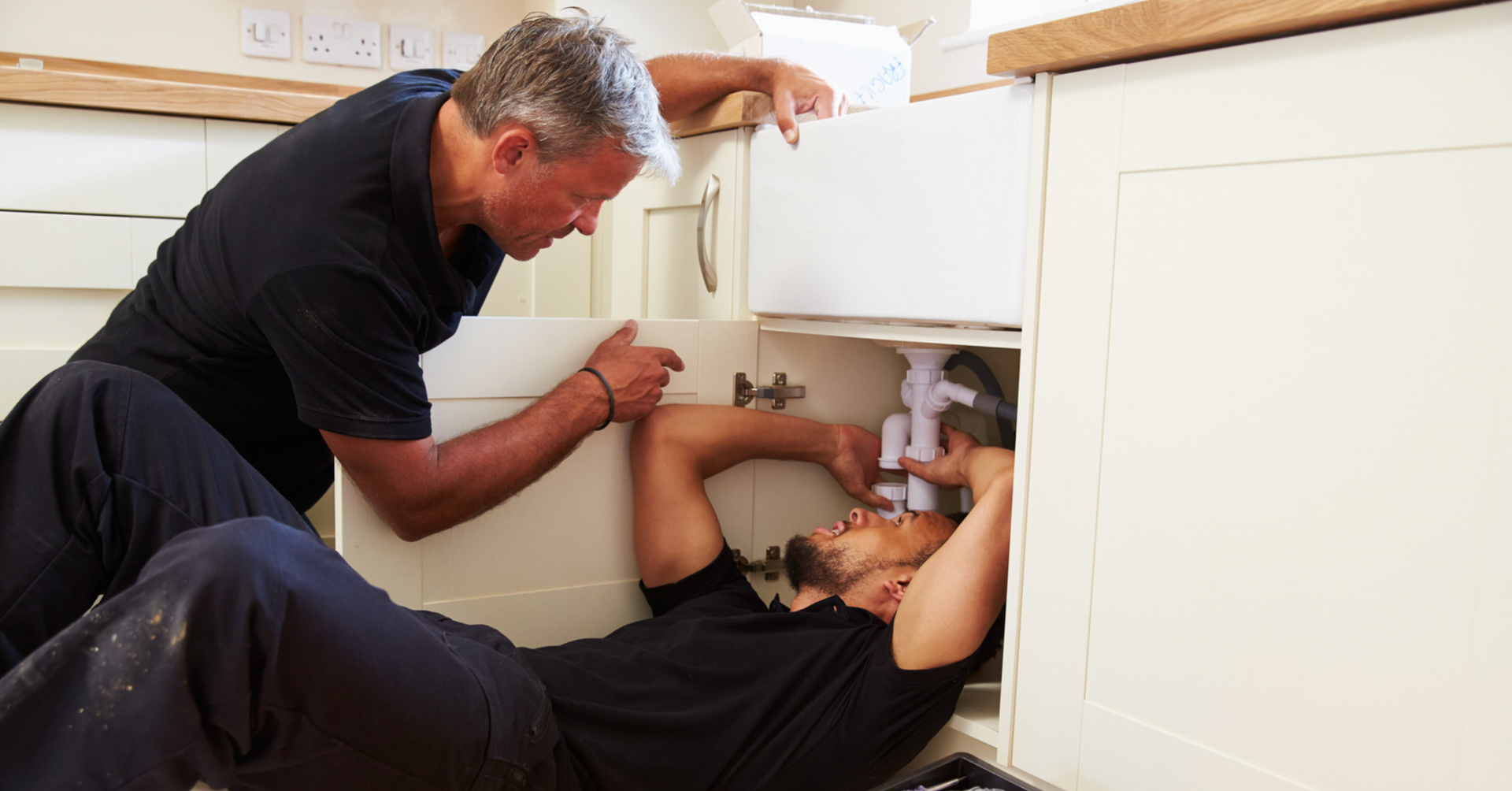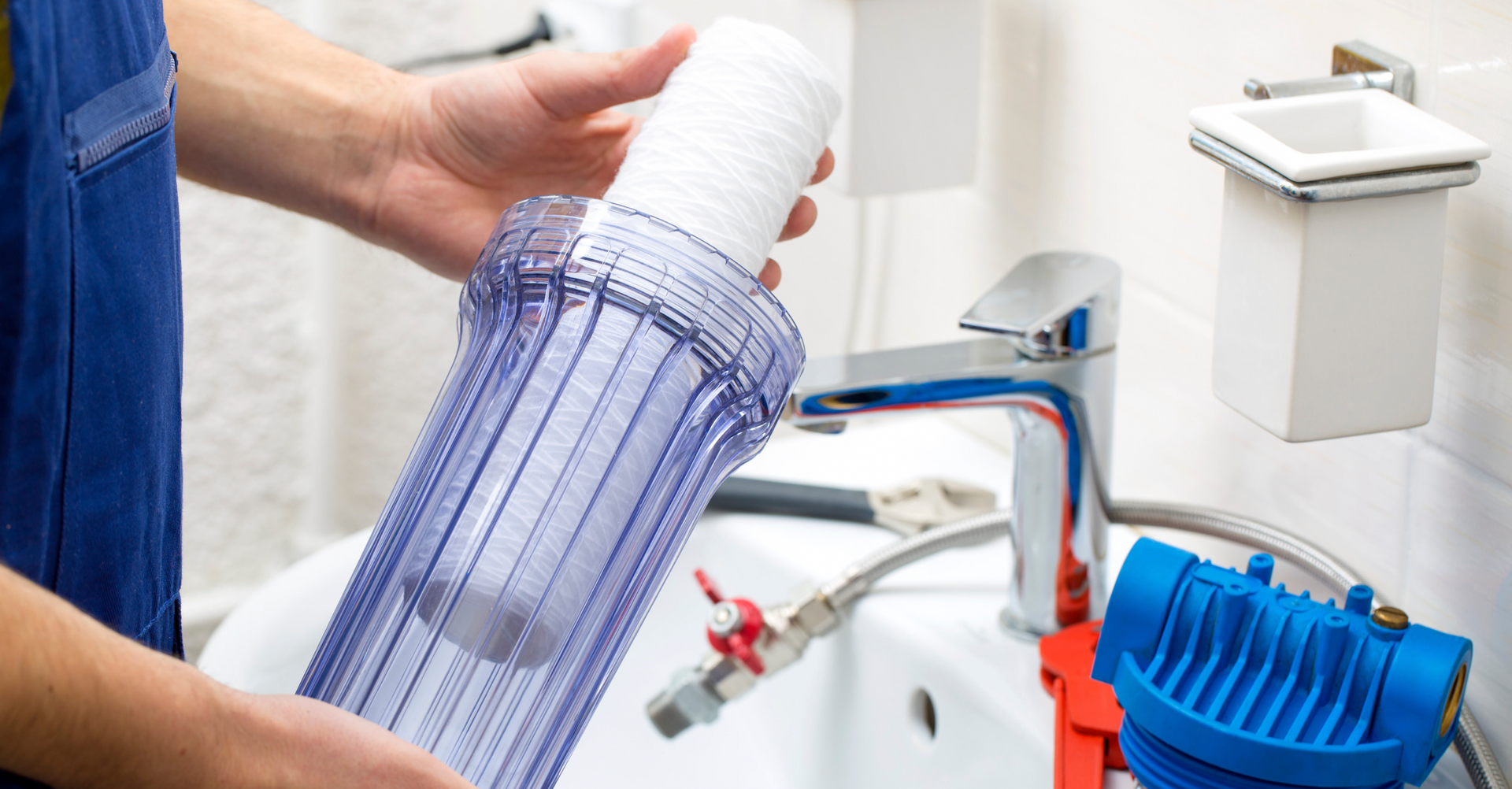8 Foods That Can and Cannot Go Down the Garbage Disposal
Having a
garbage disposal in your kitchen is a convenient way to dispose of food waste. However, not all foods are suitable for your garbage disposal. Understanding what can and cannot go down the disposal can prevent clogs, odors, and potential damage to your plumbing system. Let’s take a look at the foods that are safe to dispose of in your garbage disposal and those that should be avoided.
Foods That Can Go in the Garbage Disposal
There are several foods that you can put in the garbage disposal, some of which can even help sharpen the blades. These include:
- Soft Fruits and Vegetables: Most soft fruits and vegetables, such as citrus peels, apples, berries, lettuce, and cucumber, can safely go down the garbage disposal. Make sure to cut them into small pieces for easier disposal and to avoid overwhelming the disposal unit.
- Cooked Pasta and Rice: Small amounts of cooked pasta and rice are safe for the garbage disposal. However, be mindful of the quantity, as larger quantities may lead to clogs. Run cold water while disposing of them to aid the process.
- Coffee Grounds: Coffee grounds can be put down the garbage disposal, but it's advisable to do so in moderation. Excessive amounts can cause clogs, so dispose of them gradually and flush with plenty of water.
- Eggshells: Contrary to popular belief, eggshells can be safely disposed of in the garbage disposal. They can help clean the unit's blades and provide a mild abrasive effect. However, it's best to crush them into small pieces to avoid potential clogs.
Foods That Should Not Go in the Garbage Disposal
On the other hand, these foods should never be put down the garbage disposal:
- Grease and Cooking Oils: Avoid putting grease, cooking oils, or fats down the garbage disposal. These substances solidify and can clog the disposal unit and your pipes. Instead, pour them into a separate container and dispose of them in the trash.
- Bones and Fruit Pits: Large, hard objects like bones and fruit pits can damage the garbage disposal's blades and motor. Dispose of them in the trash or use them for composting.
- Fibrous Vegetables: Vegetables like celery, onion skins, corn husks, and artichokes have fibrous strands that can wrap around the disposal blades, leading to clogs. It's best to throw them in the trash or add them to your compost pile.
- Starchy Foods: Starchy foods like potato peels can create a thick paste-like substance when ground up, which can cause clogs. Avoid disposing of large quantities of starchy foods and opt for the trash instead.
For Garbage Disposal Help, Contact Charlotte Plumbing
Properly using your garbage disposal can help prevent plumbing issues and keep your kitchen running smoothly. Remember, put kitchen waste down your drain with care and avoid the harmful foods on our list. By following these guidelines, you'll ensure the longevity of your garbage disposal and reduce the risk of clogs and plumbing problems in your home.If you have any plumbing concerns or need professional assistance, don't hesitate to
contact Charlotte Plumbing. Our experienced team is here to provide reliable plumbing services and answer any questions you may have.
